How to win a referendum
- Published
The EU referendum is not just a fight to the death between two competing visions of Britain's future place in the world. It is also a battle between two tried-and-tested methods of winning a referendum.

Smashing Prescott's dream
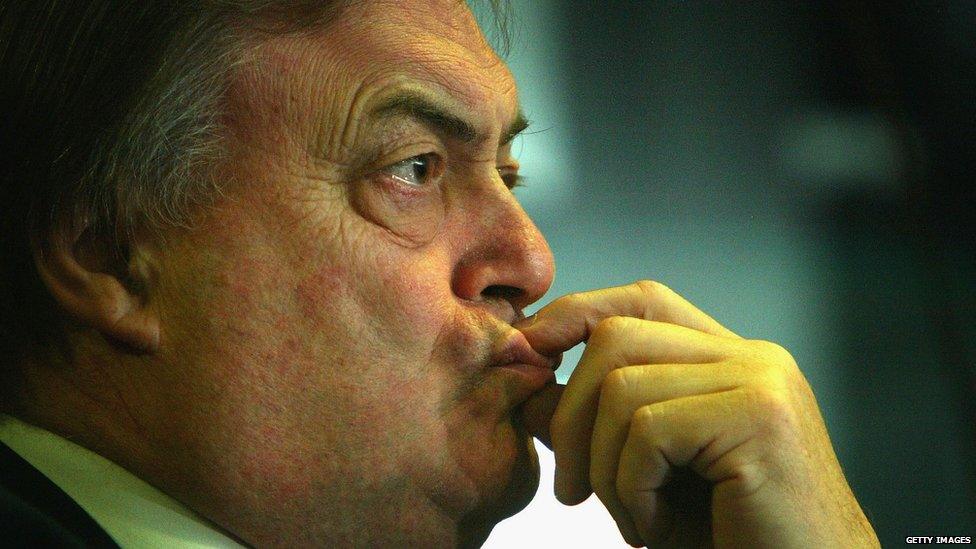
Vote Leave can trace its roots back to a largely forgotten referendum that took place in the North East of England in 2004. The then deputy prime minister John Prescott had long dreamed of a new tier of local government - regional assemblies - which he believed would shift the balance of power in the UK away from Westminster.
But he got a rude awakening when the first region chosen for the experiment overwhelmingly rejected the idea in an all postal ballot.
Prescott's dream, which had been backed by the local Labour-dominated political establishment, big business and much of the local media, and had begun the campaign with a big lead in the polls, had been sunk by an inflatable elephant.

Anti-politics is born
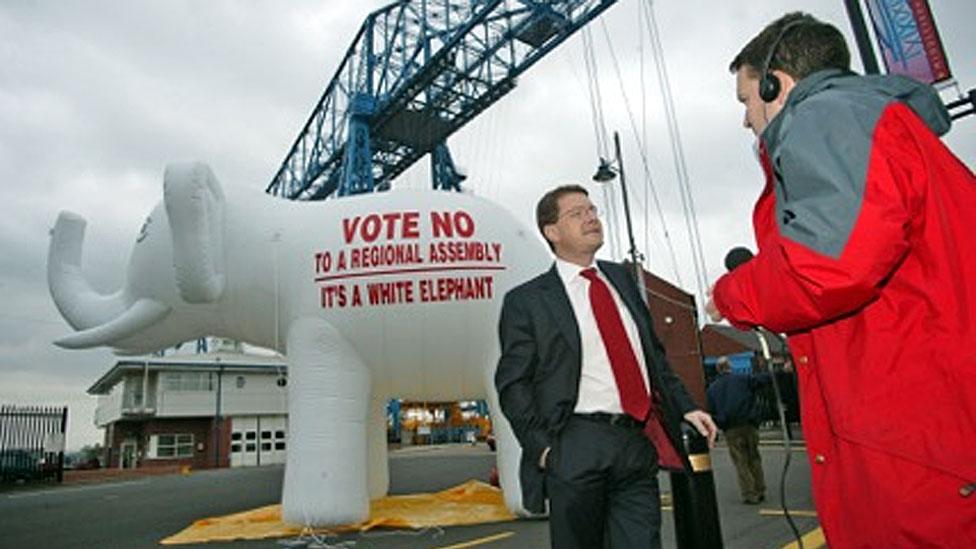
The White Elephant was the mascot of North East Says No - a tightly-focused, agile campaign run by a group of young Eurosceptics, including Dominic Cummings, now the chief strategist of the Vote Leave campaign.
It was one of the first political campaigns in the UK to tap into the "anti-politics" mood that was beginning to sweep the country.
"The messaging was all about being the cheeky upstarts. We were the insurgents, it was the anti-politics approach. It was the first time that approach had been taken," says Graham Robb, who was the campaign's chief spokesman, now the Remain-backing chairman of the North East branch of the Institute of Directors.

The maverick campaigner
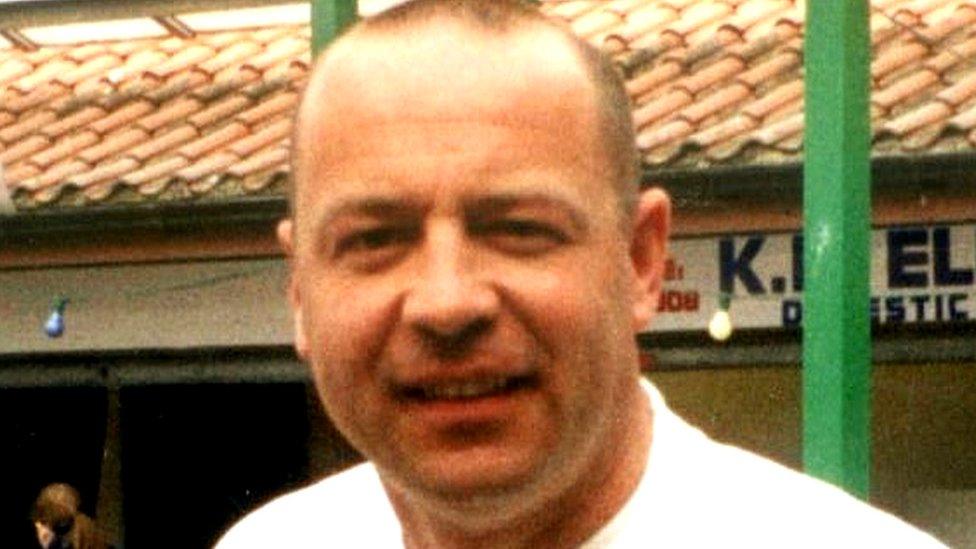
North East Says No even had their own Nigel Farage, in "metric martyr" Neil Herron, a man-of-the-people market trader who had grabbed headlines with his campaign to protect imperial weights and measures.
Mr Herron launched his own campaign against the regional assembly but lost out to North East Says No in the battle for the official Electoral Commission designation. He carried on regardless, but found himself being sidelined by the team with the White Elephant.
"His campaign withered," says Mr Robb. "He was mainly based in Sunderland so we let him get on with it."
Nigel Farage, whose favoured campaign lost out on the official designation to Vote Leave, probably knows how he feels, although the UKIP leader is still managing to make his voice heard... well beyond Sunderland.

Rebels with a cause
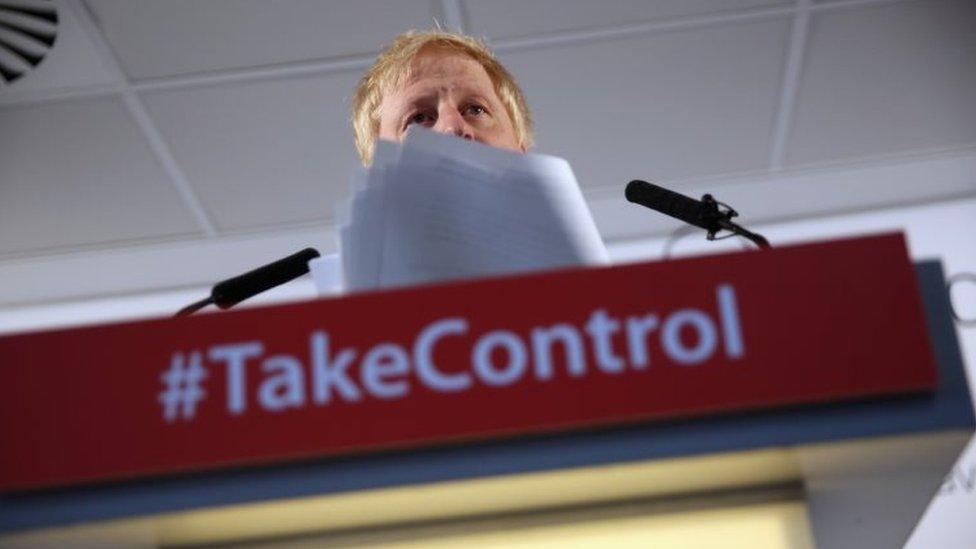
Many of the lessons learned in the North East were applied to the 2011 campaign to keep Britain's first-past-the-post voting system. The successful No2AV campaign was run by Matthew Elliott, the former boss of the Taxpayers Alliance, who is now Vote Leave's chief executive.
The EU referendum campaign is very different - Cummings and Elliott are campaigning for a change to the status quo this time.
But they are still playing the anti-establishment card for all it is worth, as they dismiss warnings from international bodies, groups of scientists and business people and world leaders about the dangers of Brexit.
"The establishment operates on the basis of herding around conventional wisdom," Mr Cummings told the Treasury select committee.
"It is why the establishment has got every big foreign policy decision wrong since trying to deal with Bismarck in the 1860s."
But surely the campaign's two star spokesmen Boris Johnson and Michael Gove are members of this hated establishment?
"They are champions of anti‑establishment, anti‑conventional wisdom and thinking, and Michael Gove has been like that for many a year," argued Cummings.

'Uncommitted security seekers'
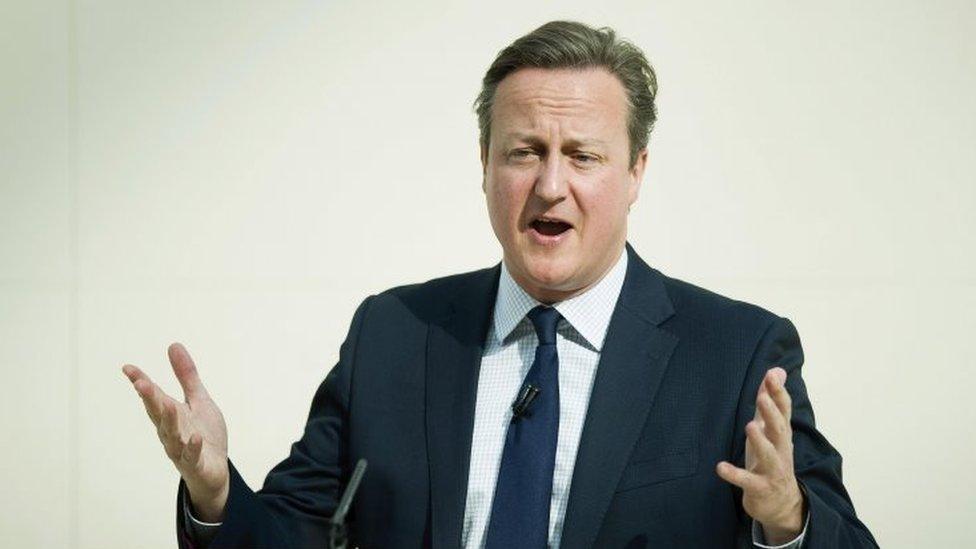
Running an insurgent, anti-establishment campaign was not really an option for Britain Stronger In Europe. The prime minister and the leaders of every other traditional major party in the UK are all on board, after all.
Instead, the campaign, which is being run by Labour activist Will Straw, son of former home secretary Jack, is taking its cues from Better Together, the 2014 campaign to keep Scotland in the UK.
David Cameron's former head of strategy Andrew, now Lord, Cooper, whose focus group and polling insights were used to craft Better Together's core message is at the heart of the campaign.
The key group in Scotland, Cooper found, were "uncommitted security seekers" - people who had no particular loyalty to the UK but who were worried about losing their jobs if Scotland went it alone.
This led to a heavy focus on the risks of leaving - leading to the Better Together camp being dubbed "Project Fear" by the SNP. A name that stuck and is being applied with glee by Vote Leave to their opponents in the Remain camp.

Jobs and trade
The Remain camp are not worried about "Project Fear" jibes because they are convinced such an approach works.
Businessman Roland Rudd, who has been focus grouping and polling with Lord Cooper, told the Politicos website, external: "I think you'll find that people's jobs are the most important thing in life. The fact that so many jobs are linked to the EU does come up in the focus groups.
"So the issue would be stronger by being in, rather than being cut off and risking the loss of trade and exports and free trade agreements."

Cutting through
Despite their different approaches, both sides are competing for the same voters - those who have yet to make up their minds - and they are facing the same set of challenges.
They have both had to stitch together cross party coalitions and juggle the fragile egos of politicians who are more used to knocking lumps out of each other rather than working for a common cause.
And they are both engaged in a daily battle to achieve the Holy Grail of all political campaigns - "cut through". Something that will stick in the mind of the average voter come polling day. Perhaps an eye-catching statistic about how leaving or remaining will directly affect them. Which can lead to some dubious claims on both sides.

Truth - and nothing but the truth?
Unlike general elections, referendums are a winner-takes-all deal. You can't have another go five years later if you don't like the result. There is no prospect of a coalition if the result is close.
Winning is everything and just like in war, the first casualty is often the truth.
"In a conventional election, people know what parties are liable to do and what powers are available to them," says Daily Herald political correspondent Tom Gordon, who covered the Scottish referendum.
"Referendums are a completely new scenario. Fiction can fill the void. There are fewer reference points. They can lay it on thick."

Sometimes you just can't win
It is perfectly possible to run a bad referendum campaign and still win. Or to run a brilliant campaign and lose.
One thing everyone agrees on is that if the public are not buying the product you are selling, no end of stunts and clever tricks will convince voters to change their mind.
But you can guarantee that whichever side does win will claim it has discovered the winning formula for success in any future referendum.